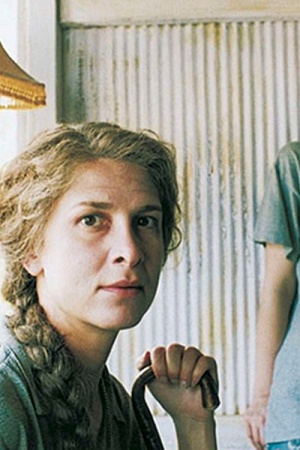Romulus, My Father
When Raimond Gaita’s memoir Romulus, My Father was published in 1998, the acclaim with which it was greeted was ubiquitous. The book was significant not simply because it was a strikingly revealing personal narrative written by a renowned philosopher, but because it managed to present a story that contained large doses of personal tragedy without rendering the experience of reading it either falsely uplifting or overwhelmingly depressing. While offering vivid portraits of an inconstant, depressive wife and mother, and a self-possessed husband and father struggling with his own sense of self-worth, Romulus, My Father celebrated the power of love and friendship in the most subtle, telling and deeply humane ways.
Continue reading for only $10 per month. Subscribe and gain full access to Australian Book Review. Already a subscriber? Sign in. If you need assistance, feel free to contact us.










Leave a comment
If you are an ABR subscriber, you will need to sign in to post a comment.
If you have forgotten your sign in details, or if you receive an error message when trying to submit your comment, please email your comment (and the name of the article to which it relates) to ABR Comments. We will review your comment and, subject to approval, we will post it under your name.
Please note that all comments must be approved by ABR and comply with our Terms & Conditions.